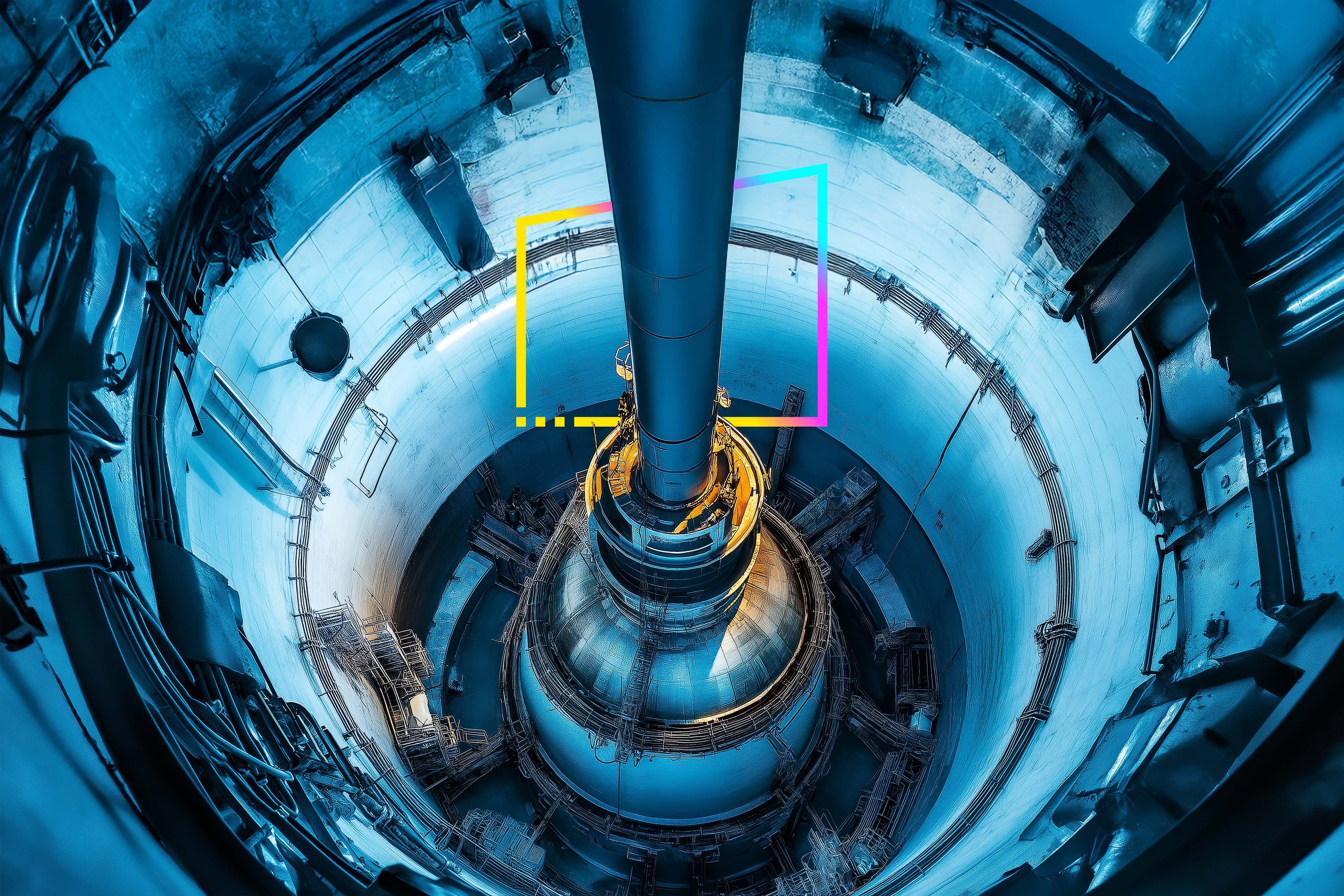EY refers to the global organization, and may refer to one or more, of the member firms of Ernst & Young Global Limited, each of which is a separate legal entity. Ernst & Young Global Limited, a UK company limited by guarantee, does not provide services to clients.
Bangalore Tribunal accepts the project completion method adopted by real estate developer instead of percentage of completion method
In the case of Corporate Leisure & Property Development Pvt. Ltd.[1] (Taxpayer), the issue before the Bangalore Tribunal (Tribunal) was whether the Taxpayer was permitted to recognize revenue as per Project Completion Method (PCM). The Taxpayer, a company engaged in the business of real estate development, had recognized revenue by consistently following the PCM as it was an acceptable method of accounting as per Accounting Standard 9 (AS-9) issued by Institute of Chartered Accountants of India (ICAI). The tax authority contended that the taxpayer ought to have followed the Percentage of Completion Method (POCM) for recognizing revenue from housing projects.
The Taxpayer contended that it had been following PCM for recognizing revenue since its inception and the same was accepted by the tax authority in its assessments for earlier tax years. It stated that ICAI AS-7 ‘Construction Contracts’ was not applicable to it as it was not a construction contractor but developer of a housing project. Accordingly, revenue was to be recognized when all the significant risks and rewards of ownership were transferred to the buyers, i.e., on execution of sale deed. The addition made by tax authority leads to double taxation of the same income in different years.
Tribunal accepted the Taxpayer’s contentions and held that where PCM has been followed consistently for past tax years and the same is also accepted by the tax authority, it was untenable to determine revenue as per POCM. It noted that the Taxpayer had provided a reconciliation of revenue recognition indicating that revenue from sale of flats was offered to tax in the year of sale and application of POCM leads to double whammy. The Tribunal relied on various judicial precedents[2] to hold that PCM can be followed by real estate developers. It noted that business income has to be determined as per method of accounting regularly employed by the Taxpayer and it is subject to ICAI AS. It held that ICAS AS-7 is not applicable to the Taxpayer as the Taxpayer was a developer and not a construction contractor simplicitor. It also noted that while the Income Computation and Disclosure Standards (ICDS) are applicable to the current tax year, ICDS-III, which deals with construction contracts, is not applicable to the Taxpayer and there is no specific standard for tax treatment of development project.


